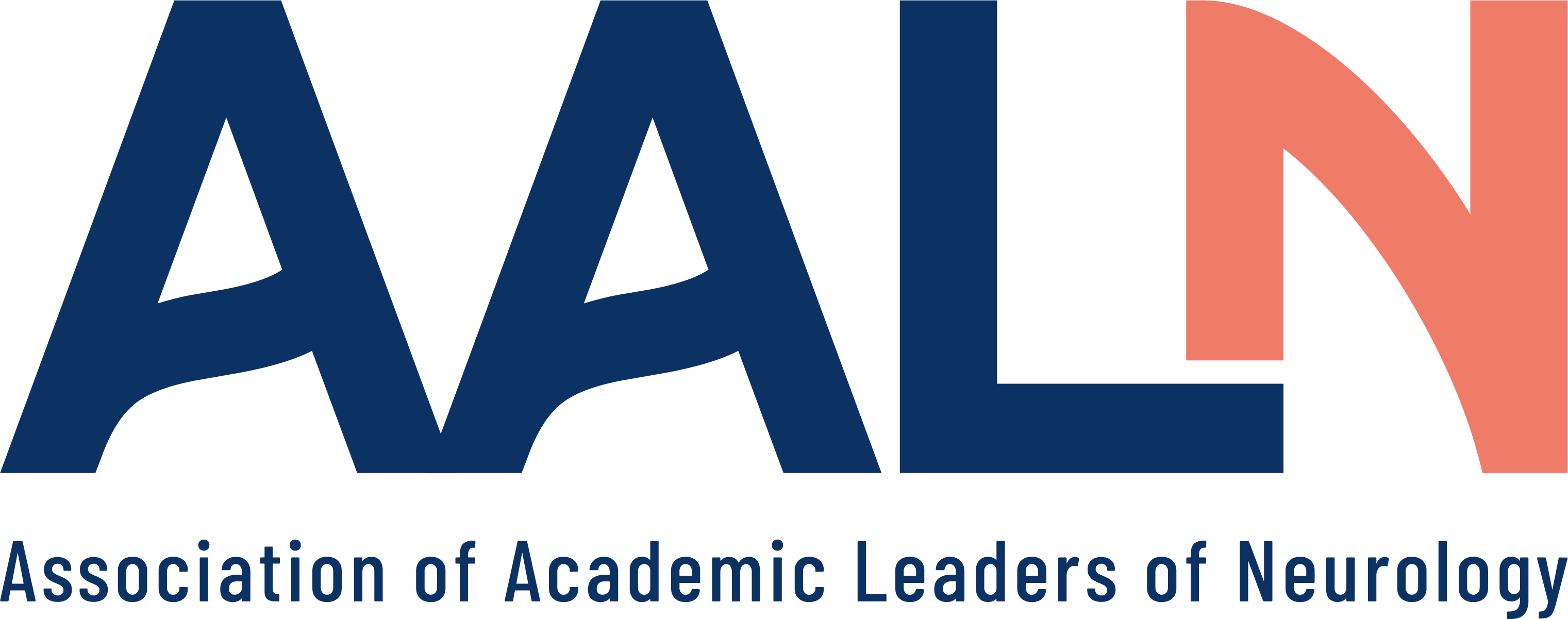
Q&A: Mud Alvi, MD, on the AUPN Leadership Award and Evolving Departmental Roles

Key Takeaways
- The 2025 AUPN Annual Meeting will emphasize collaboration, innovation, and strategies for academic neurology challenges.
- Muhammad "Mud" Alvi, MD, highlights leadership, team culture, and innovation as key to advancing neurology.
The vice chair of neurology at West Virginia University reflected on receiving the AUPN Leadership Award, addressing challenges in academic neurology and the evolving responsibilities of vice chairs in advancing departmental goals.
The 2025 Association of University Professors of Neurology (AUPN) Annual Meeting in Baltimore, Maryland, will spotlight the evolving landscape of neurology education and leadership. With programming dedicated to department chairs, program directors, and faculty leaders, the meeting emphasizes collaboration, innovation, and strategies to address challenges in academic neurology.
Before the meeting, AUPN Leadership Award recipient Muhammad "Mud" Alvi, MD, professor and vice chair of neurology at West Virginia University, sat down to reflect on his career path, approach to leadership, and the challenges facing academic neurology today. In the interview, Alvi discussed the significance of being honored, the value of fostering team-based culture and innovation in neurology, and the clinical value the AUPN Annual Meeting brings to the community. Furthermore, he spoke about the most pressing challenges departments currently face, the evolving role of the vice chair, and the qualities needed to adapt.
Registration for the 2025 AUPN Meeting is open!
NeurologyLive: Talk a little bit about what this award means to you and share some of your career path to this point.
Mud Alvi, MD: The Leadership Award feels very meaningful to me because it represents recognition at the national level for work that has taken many years to develop. For me, it isn’t just about individual recognition. It highlights the values of leadership, innovation, and advancing neurology that I’ve always tried to carry forward. It also reflects the important work happening in our department around team building, fostering a collegial culture, and investing in faculty development through initiatives like retreats and writing workshops.
I see it as a shared honor that acknowledges both my own growth and the collective progress of our community. My career path has been shaped by opportunities to lead and the desire to understand health care more broadly. Early on, I had the privilege of leading our stroke program, which gave me firsthand insight into the challenges and opportunities of delivering complex care. To better understand health care systems, I pursued an MBA in health care administration, followed by additional leadership development programs. Along the way, I’ve tried to approach challenges in patient care not just as obstacles but as opportunities to innovate and improve outcomes for patients and teams alike.
This year’s AUPN Annual Meeting is focused on neurology education and leadership. What can attendees gain from this event?
This year’s conference is packed with valuable programming. There are several educational workshops for residency and clerkship program directors. I’m especially excited about the sessions dedicated to supporting women leaders in neurology, as well as the chair roundtable, which provides a unique forum for department chairs to share ideas and address common challenges.
Of course, the meeting will conclude with the business meeting and the award ceremony—a great opportunity to celebrate leadership and accomplishment in our field. I think attendees will come away with not just practical tools, but also renewed energy and inspiration for leading their own departments and programs.
What are some of the challenges you currently face in your department, and what comes up most often in conversations with other leaders?
Recruitment and retention remain difficult across both faculty and staff, and ensuring timely access to care for patients is a major concern. Alongside that, wellness and reducing burnout are critical for sustaining our workforce, and this is something many leaders are paying close attention to.
At the same time, departments are working to uphold their research and educational missions in an increasingly competitive funding environment. These challenges are complex, but they also present opportunities for innovation and collaboration in how we lead. Sharing these experiences and solutions across institutions is one of the great values of meetings like AUPN.
As a vice chair, how do you envision the role evolving, and what qualities make a great vice chair?
As neurology departments have grown in size and complexity, leadership structures have had to evolve as well. The development of distinct division chiefs and dedicated vice chairs has been essential for managing that growth. The role of vice chair varies by institution, but it has generally expanded from being purely advisory to taking on delegated responsibilities that advance the chair’s vision and the department’s goals.
Vice chairs also play an important role in staying closely connected with faculty and staff, keeping a pulse on the ground, and bringing that perspective back to the chair’s leadership team. For me, trustworthiness is essential: When a chair delegates responsibility, you need to follow through reliably. A great vice chair also brings honest and sometimes contrasting perspectives to help ensure well-rounded decisions. Beyond that, being a good listener, fostering relationships across the department, and understanding the needs of faculty and staff are all key qualities of an effective vice chair.
Transcript edited for clarity.
Newsletter
Keep your finger on the pulse of neurology—subscribe to NeurologyLive for expert interviews, new data, and breakthrough treatment updates.










